Scholars from Argentina, China, Italy, Japan, Kazakhstan, South Korea, Sri Lanka, Thailand, and The United States of America joined Canadian and Mongolian hosts in Ulanbaatar, Mongolia to share research findings about care and learn about macroeconomic modeling. The conference consisted of two days of research presentations, one field trip to learn about the particular issues that face Mongolia’s herder population, and a full-day training session in CGE macroeconomic modeling for care. In addition to researchers, representatives from Mongolia’s policy and civil society sectors, and representatives from the Canadian Embassy in Mongolia were also present at the conference.
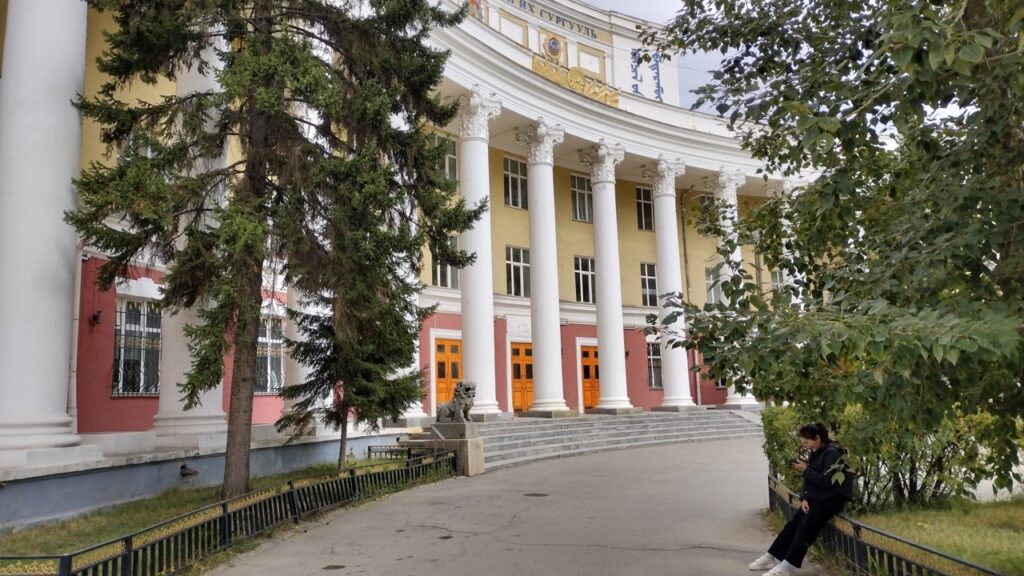
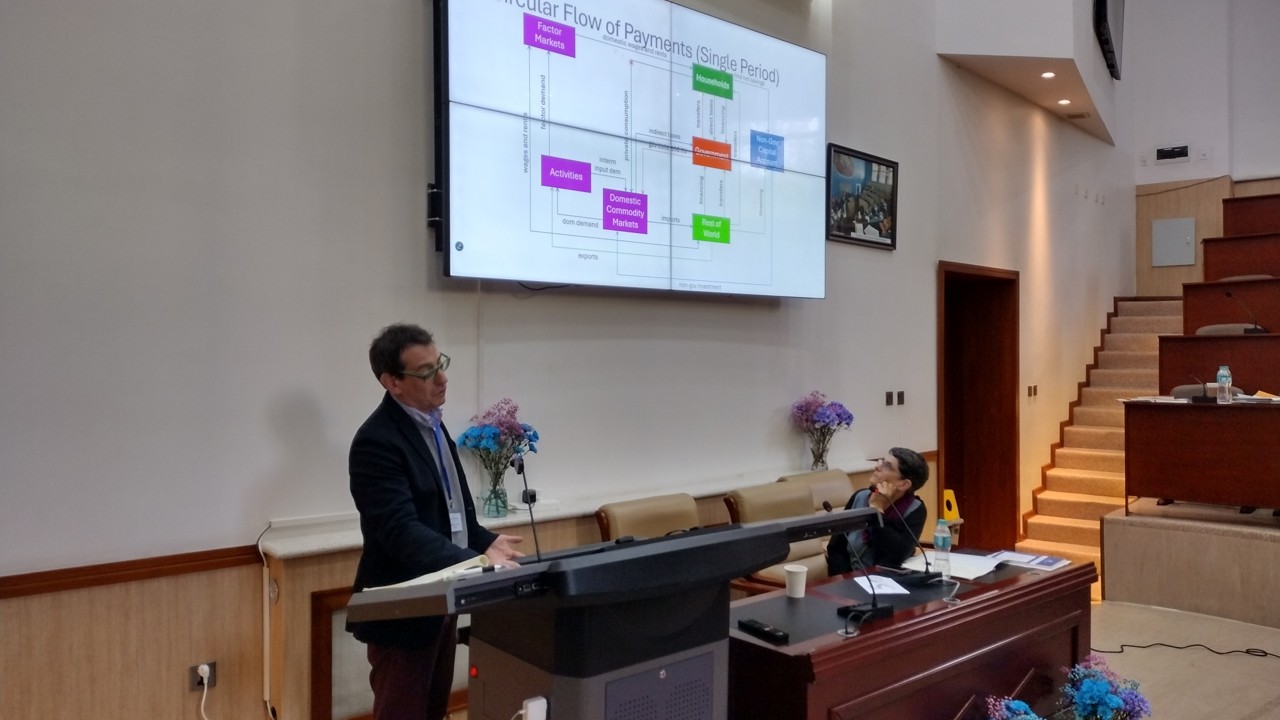
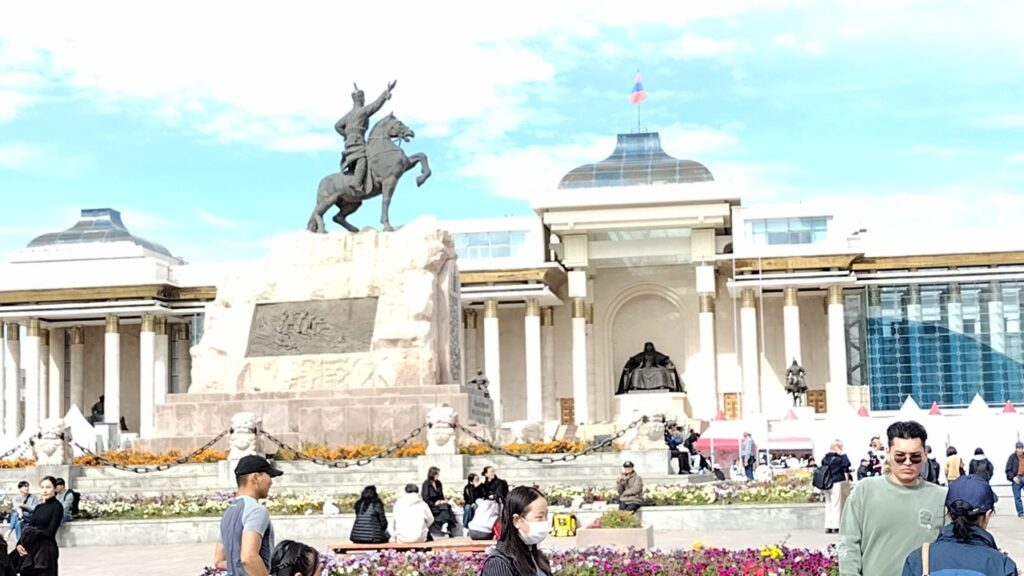
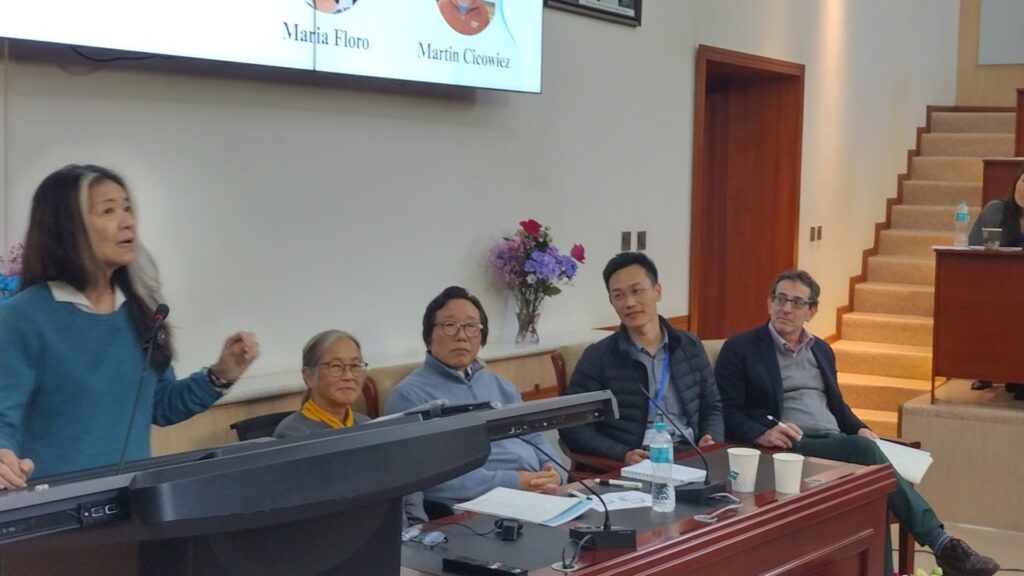
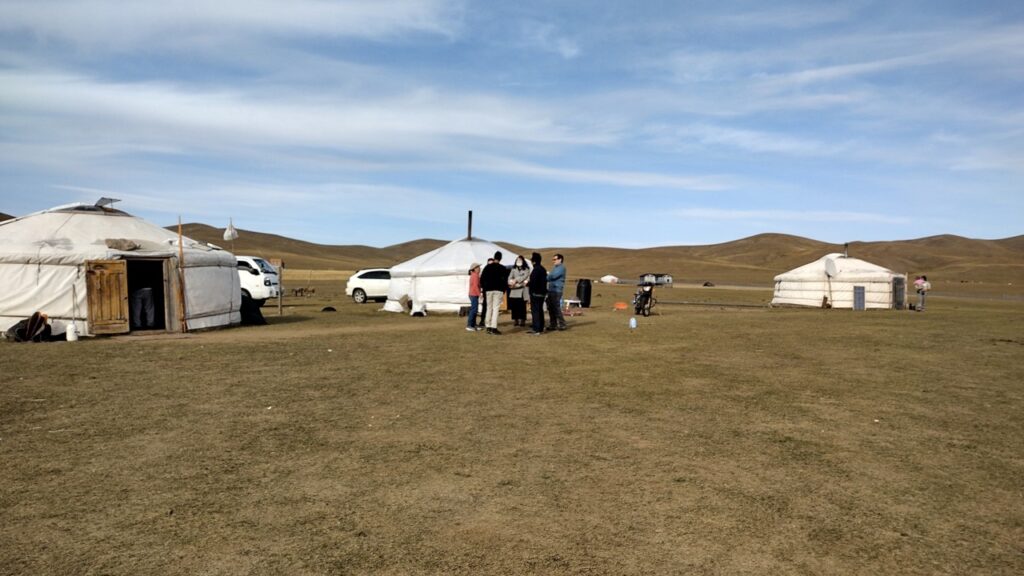
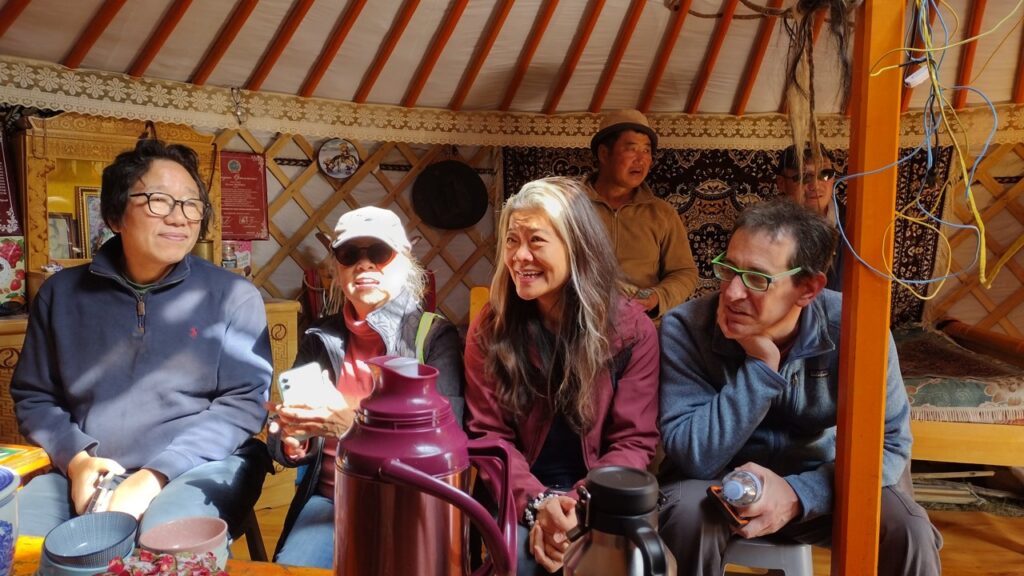
The conference opened on September 18th with opening remarks from Otgontugs Banzragch, Professor of Economics at National University of Mongolia (NUM), Munkhzul Lkhagvasuren, State Secretary of Ministry of Family, Labour and Social Welfare and Matilda Dimovska, UNDP Resident Representative in Mongolia, as well as congratulatory comments from Enkhnasan Lutaa, Memner of the State Great Khual (Parliament) of Mongolia and Bold-Erdene Baast, Dean of the School of Art and Science, NUM. Following this introduction, Professor Ito Peng presented the Keynote Speech: Economic Perspectives on Care Work in the Global Context. Professor Peng spoke of the growing importance of care as an economic sector around the world, and stressed that care was important to the economy but it was also important for reasons that reach beyond the economy, reflecting that we also need to recognize the social values of care work.
Much of the conference focused on Mongolia, with presentations based on early findings from the project funded by New Frontiers Research Fund grant that endeavours to understand Mongolia’s care economy in the context of its particular challenges related to climate change. Mongolia is a landlocked country sandwiched between China and Russia. Twenty-eight percent of the 3.5 million people who make up Mongolia’s population are nomadic herding people, and 47% of the population lives in the capital city of Ulanbaatar. Mongolia has a relatively young population, with a life expectancy of 74 an a birth rate of 2.7. Using Mongolian Time Use data, Otgontugs Banzragch and her team’s research calculate that the unpaid care sector contributes 15.3-17% of the GDP and the paid care sector contributes 10.8% of GDP, with the total care sector at 28% of GDP.
Because 13.7% of the total population is under 5 years of age, it is unsurprising that childcare is considerably more prevalent than care of seniors or persons with disabilities. As in many other countries, the bulk of childcare is performed by women. Although a smaller proportion of the full population, it is also true that women conduct most of caregiving for the elderly and for persons with disabilities. Interestingly, although rural women consistently contribute more time to caregiving than urban women, urban men do more care work than their rural counterparts — possibly because they spend more time driving their children and elders to school, appointments and care facilities. Myagmarsuren Boldbaatar’s presentation highlighted the care work performed by children and teenagers. A study of the Mongolian Time Use data showed that 32% of children aged 12-17 are involved in direct care and children contribute 41% of total childcare work. On average, boys between the ages of 12 and 17 perform 13 minutes a day on caregiving tasks plus another hour on domestic chores. Girls the same age contribute 28 minutes per day of care work and about 2 hours of domestic help. Boldbaatar’s findings show that increased care time reduces the time that children spend on educational activities. The research highlights the need to consider children’s labour when developing macroeconomic models of carework and to recognize that care supports for children supports both adult labour participation and educational outcomes.
With funding from the New Frontiers Research Fund, the Mongolian research team conducted in-depth interviews with members of 30 households in Ulanbaatar and 69 herding and agricultural caregivers. Tserenbazar Pioner presented about the motivations and emotions experienced by the caregivers they interviewed. Fifty-nine of the participants were unpaid caregivers and 23 were unpaid care recipients with the others either giving or receiving paid care. A sense of family obligation weighed heavily in the decision to take on the role of caregiver, especially in the case of mothers and daughters. For elder care or care of orphans or persons with disabilities, caregivers took on the role when others who might have done the job were busy, lived further away or simply were not available. Some expressed a sense that they had the support of their extended family and their charges would receive care should something happen to them. Caregivers express love and pride in their work but also feel trapped in the role, report bouts of sadness, exhaustion and anger.
Three papers directly addressed the impact of climate change in Mongolia. Mieke Meurs presented a theoretical framework and discussion of the climate impacts. Climate events experienced by herders in our study include drought, dust storms, flooding, extreme winter storms (dzud), high winds, and high heat. The climate events affected the herders’ infrastructure and productive base. Some of the impacts are gendered. Though both experience the stress of increased susceptibility to disease, and reduced capacity for food production and income, women more particularly feel the reduction in available care time as a result. They also see increases in both the need for direct care time and indirect care time. Tuvshintugs Batdelger presented research into the impact of the dzud on herder households. Herding beasts in Mongolia typically winter in mountainous regions where now provides them with water and the grasses under the snow provide sufficient feed. Dzuds are extreme winter storms that produce too much snow or ice for livestock to feed, resulting in significant livestock mortality. Using administrative data, Batdelger’s team showed that the overall number of animals has not decreased as a result of dzuds, with poorer herding families feeling the economic impact of the dzud more than wealthier families. The Dzud causes the poorer herders to migrate to the city while wealthier herders develop larger herds.
Because of synergies with the Peng’s Care Economies in Context project, the meeting also included updates from the other Care Economies countries. Sherri Klassen presented an overview of progress in country cases outside of Asia. Ki Soo Eun presented about the developments in South Korea. Korea was involved since the beginning of the care economy projects. While women’s participation in the labour force has increased, gender disparities in unpaid care persist and contribute to the low fertility rate in Korea as women choose to avoid childbearing in rejection of the traditional social norms. Next, Ashvin Perera presented on behalf of the Sri Lanka research team. The Sri Lanka team has completed a literature review, key informant interviews, secondary data analysis and a pilot survey. They are currently preparing to field the full survey. We were also fortunate to have the participation of several researchers from elsewhere in Asia. In addition to presentations about Mongolia, we also heard from researchers about care in Japan, Thailand and Kazakhstan.
After two days of meetings, the team took a field trip into the steppe to learn about the lives of the nomadic herders in Mongolia. Finally, the last day of the conference consisted of a full day workshop where participants learned how to create care-informed CGE macroeconomic models.
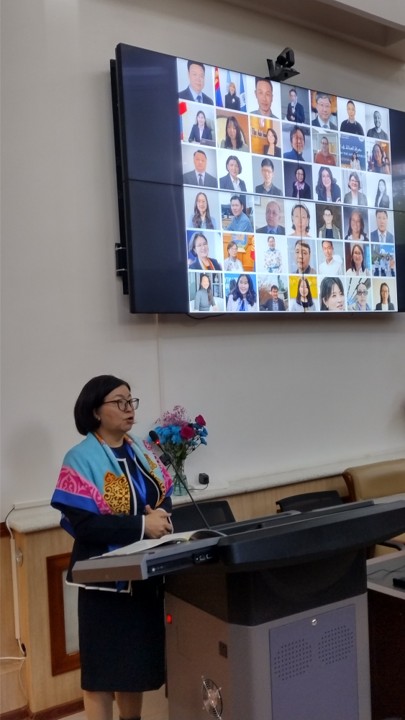

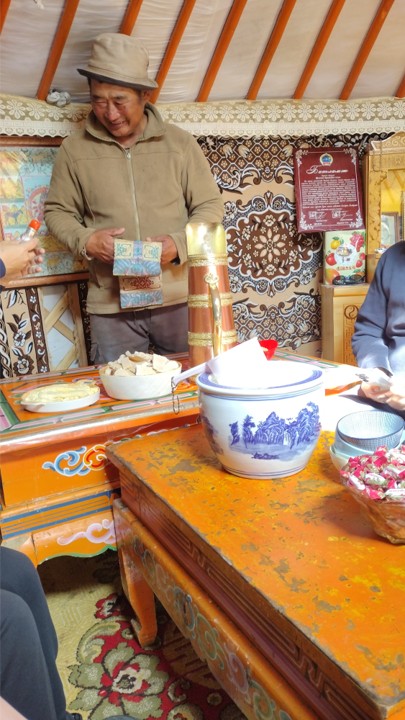
Related Profiles
-
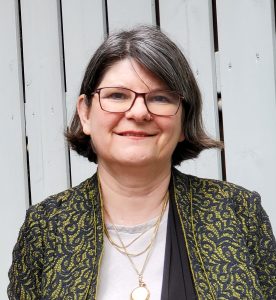
Sherri Klassen
Administrator
-

Otgontugs Banzragch
Researcher
-

Ito Peng
Director
-
Martin Cicowiez
Researcher
-
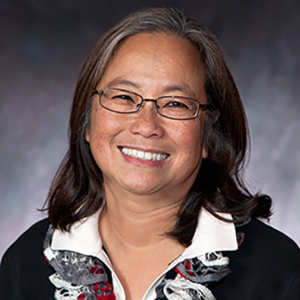
Maria Floro
Researcher
-
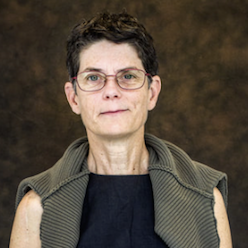
Mieke Meurs
Researcher

